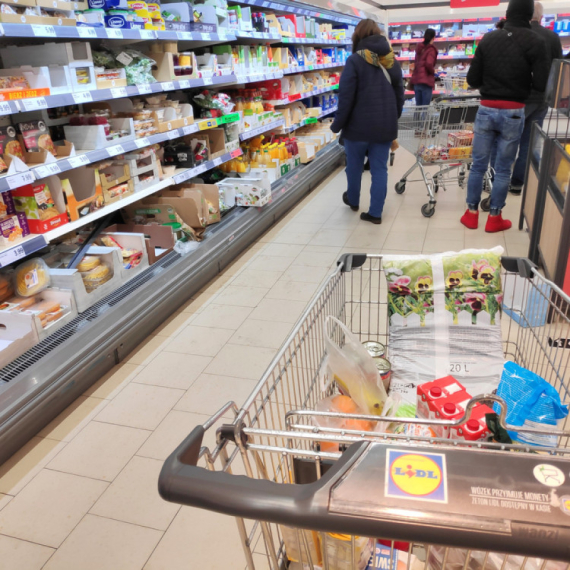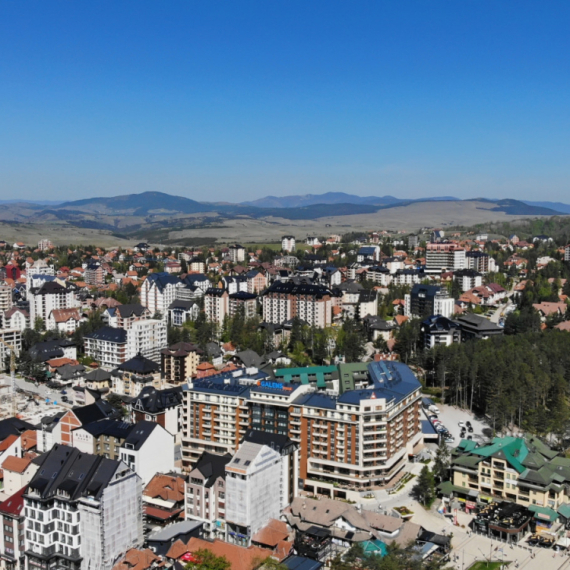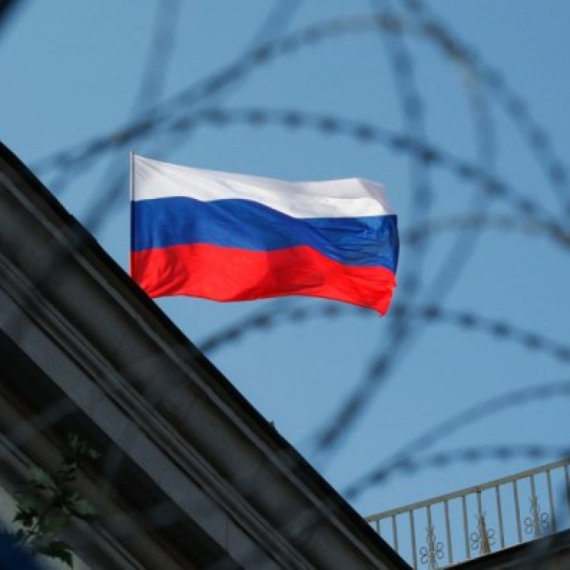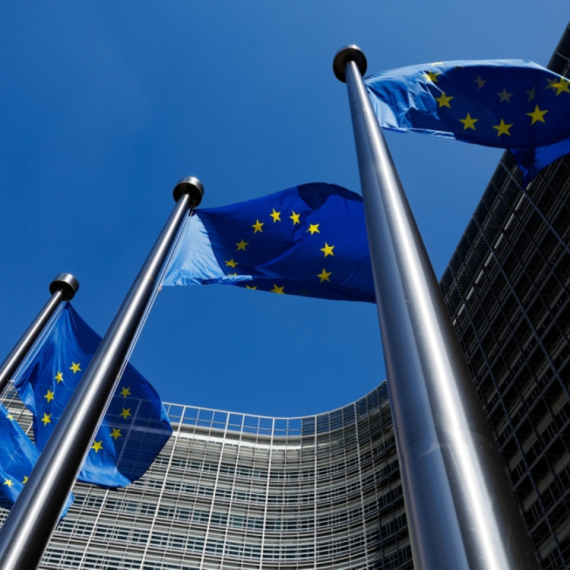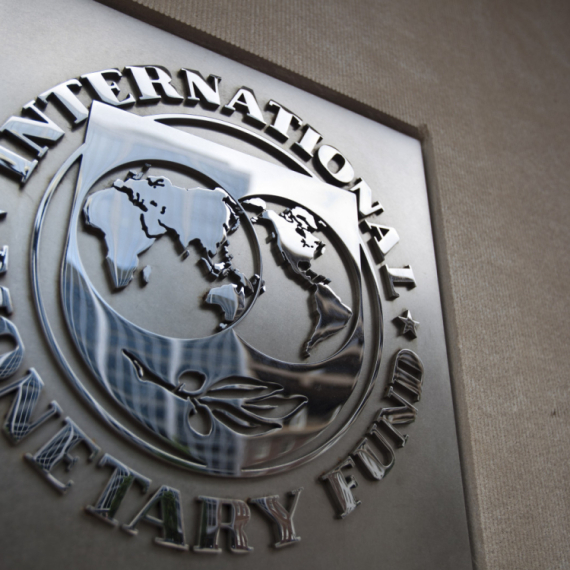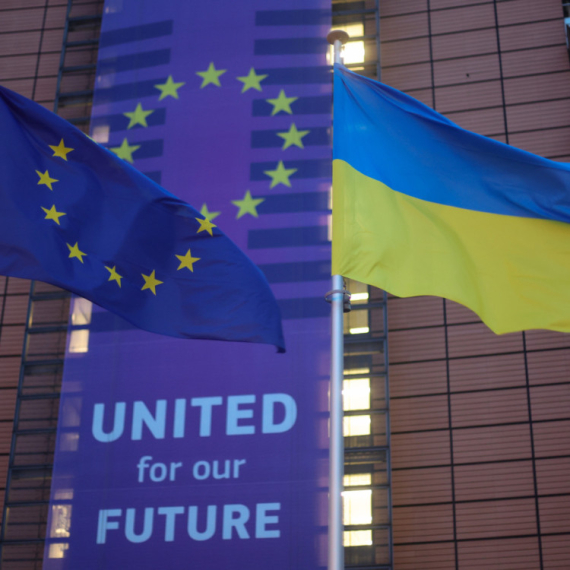Inflation in Germany Finally Drops – But Is It the End of Consumer Woes?
Germany, the economic powerhouse of Europe, has finally seen a slight drop in inflation in June 2025. According to preliminary data from the German Federal Statistical Office, the annual inflation rate fell to 2.0%, below market expectations and in line with the European Central Bank’s (ECB) targets. But is this really the end of inflation troubles for consumers?
A Slight Drop, But Challenges Remain
Inflation decreased from 2.1% in May to 2.0% in June, marking the lowest level since October last year. Service inflation also slightly eased from 3.4% to 3.3%, while goods inflation dropped from 0.9% to 0.8%. The main contributors to the inflation decline were slower growth in food and energy prices – food prices rose only 2.0% compared to 2.8% in May, while energy prices fell by 3.5%, compared to a 4.6% drop in May.
Core Inflation Still Worries Economists
Core inflation, which excludes food and energy, fell to its lowest level in the past three months at 2.7%. While this is a positive sign, many economists warn that it remains above the ECB’s target, meaning interest rates are likely to stay elevated for some time.
Broader Context: Global and European Influences
Inflation in Germany cannot be viewed in isolation. The European Union recently extended sectoral sanctions against Russia, impacting energy prices and trade flows. Additionally, trade agreements with the US and changes in tariff policies further complicate the economic landscape.
Consumers Still Feeling the Squeeze
Despite the statistical drop in inflation, real-life consumers continue to feel the pressure. Price hikes in neighboring countries, such as Croatia where fuel prices increased by 3.8 cents, and tax hikes in Austria on cigarettes and transport, add to household burdens. In Serbia, Lidl is withdrawing products from the market, and price increases for documents and other services are expected from early July.
Is This the End of Inflation or Just a Breather?
Economists caution that the drop in inflation in Germany may be temporary. Global factors such as energy crises, geopolitical tensions, and shifting trade policies can easily push inflation back up. The ECB will closely monitor the situation before making interest rate decisions in September.
Conclusion
The drop in inflation in Germany is certainly a good sign, but don’t get too excited just yet. Consumers still feel the pinch, and economic uncertainty remains. Whether this marks the start of stabilization or just a short pause in the inflation race remains to be seen.
What about you? Feeling relieved or still battling those bills? Share your thoughts – maybe together we’ll figure out what’s really coming our way!









